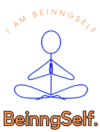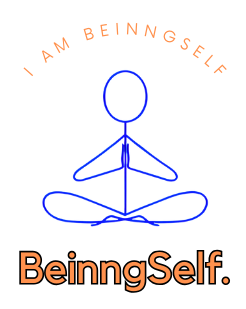
In our busy lives, children often face the same pressures we do—rushing between school, activities, and social commitments. Practicing mindfulness can help kids slow down, focus, and connect with their thoughts and feelings. It’s a simple but powerful tool to enhance their emotional well-being and resilience.
What is Mindfulness?
Mindfulness is the practice of paying attention to the present moment without judgment. For kids, it’s about noticing their thoughts, feelings, and surroundings in a curious and accepting way.
Benefits of Mindfulness for Kids
- Improves focus and concentration
- Reduces anxiety and stress
- Enhances emotional regulation
- Promotes better sleep
- Builds a sense of gratitude and appreciation
How to Introduce Mindfulness to Your Child
- Start with Simple Breathing Exercises
Teach your child to take slow, deep breaths when they feel overwhelmed. For younger kids, you can call it “balloon breathing” and have them imagine inflating and deflating a balloon with their breaths. - Practice a “Mindful Moment”
Spend a few minutes observing the environment together. Ask your child to notice sounds, smells, and sights. This helps them focus on the present. - Try Guided Mindfulness Stories
Use kid-friendly mindfulness apps or YouTube videos with guided meditations. Stories that involve visualization, like “imagine you’re floating on a cloud,” are especially engaging for children. - Create a Gratitude Journal
Encourage your child to write or draw something they’re grateful for each day. This practice combines mindfulness with positivity. - Mindful Eating
During meals, ask your child to eat slowly and notice the taste, texture, and smell of their food. It’s a fun way to practice mindfulness together.
Making Mindfulness a Daily Habit
The key to mindfulness is consistency. Start with short sessions—just a few minutes a day—and gradually increase as your child gets more comfortable. Make it fun and interactive to keep their interest.
Final Thoughts
Mindfulness is a gift that lasts a lifetime. By teaching your child to be present, you’re helping them build a strong foundation for emotional health and resilience. Whether it’s through breathing exercises, gratitude journaling, or mindful eating, these small practices can have a big impact.


